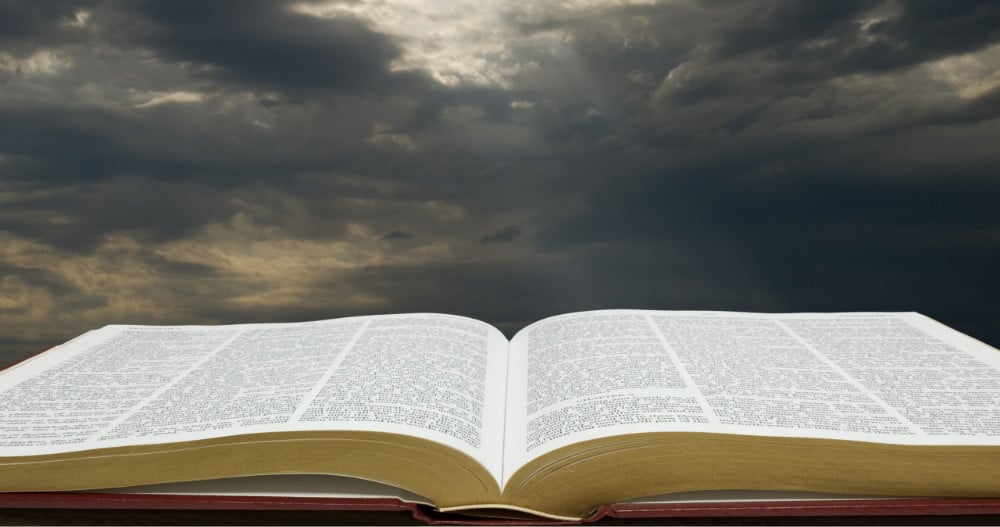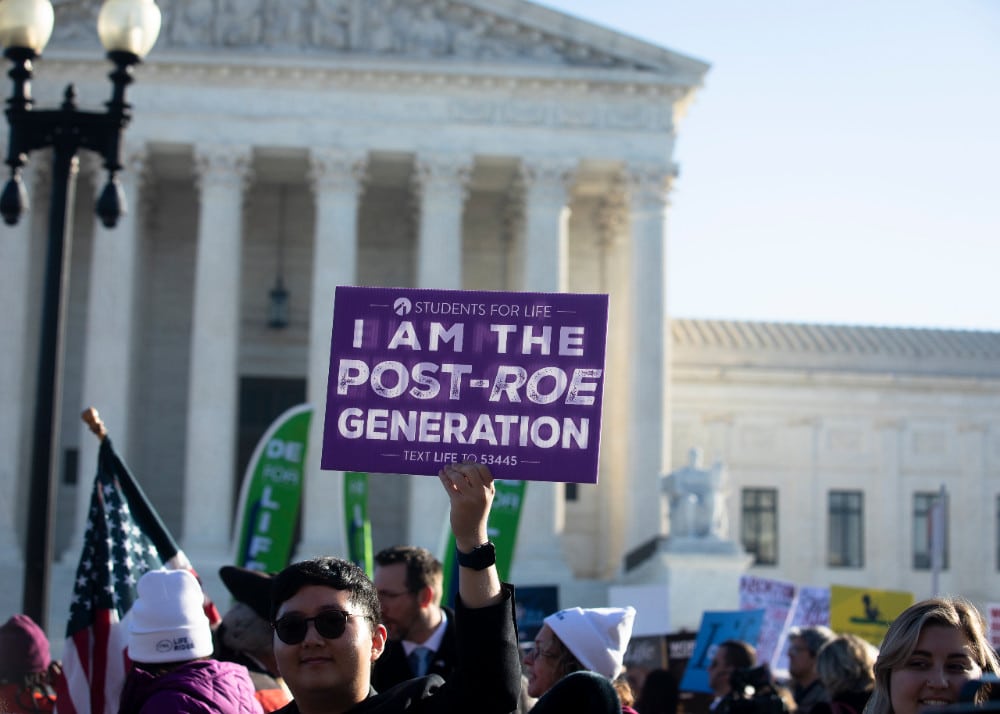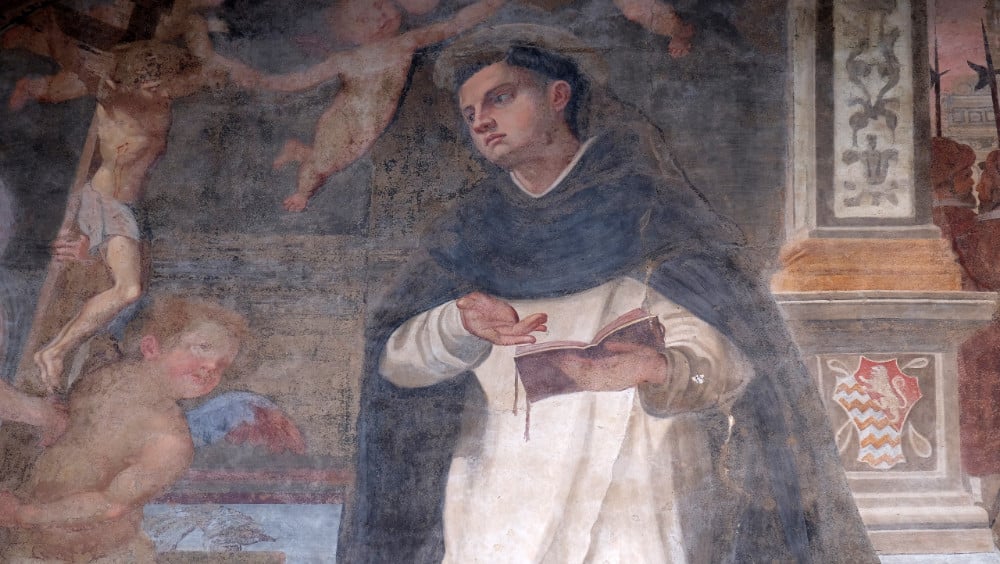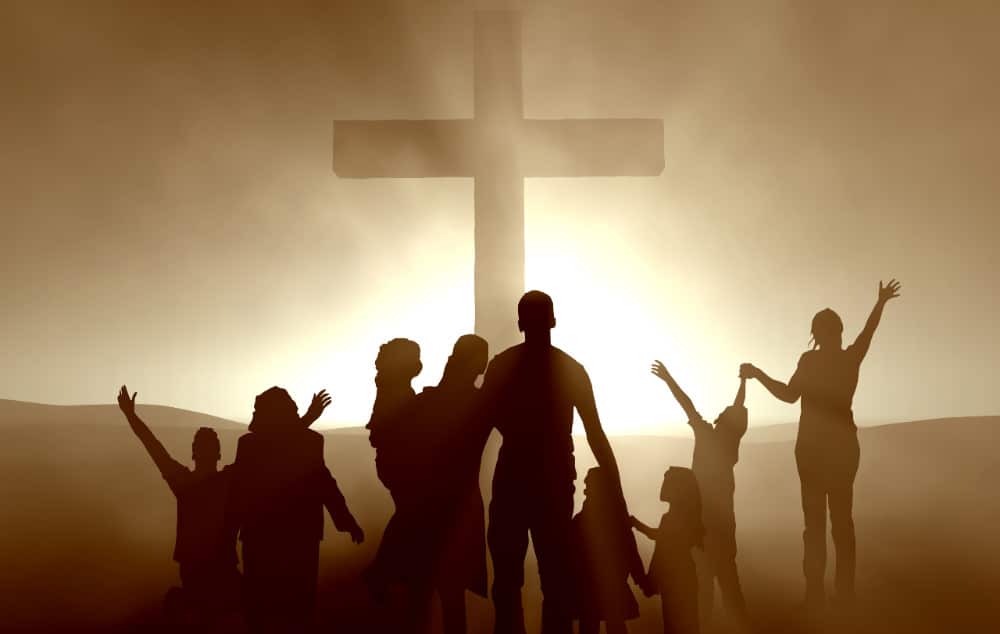 Question: In the Bible, why are there two stories about creation?
Question: In the Bible, why are there two stories about creation?
— Cataldo Lazzari, via email
Question: This is a highly debated question among both scholars and believers. Some do not agree that there are two accounts, but that Genesis 2:4 and following is a commentary focusing especially on the creation of man and then woman, and the establishment of marriage. But this is only partially true. While Genesis 2 does not speak of the creation of the heavenly realms, it does treat with the earthly realms and their account, though even of that, it is quite different. Some of the following differences in the two accounts can be noted overall:
1. There are different names for God: The first account uses the generic term ‘elohîm (Hebrew for “God”), but the second account uses YHWH ‘elohîm ( I AM God). The first account (Genesis 1) pictures God as more transcendent, speaking creation into being by his word. The second account (Genesis 2) portrays God as more imminent (closely present), forming the human from the dust of the ground (like a potter working with clay) and conversing with humans.
2. There are differences in style and scope. As noted, Genesis 1 describes the creation by speaking of six days and God’s rest on the seventh day. It does this in a rather formal and organized way of six days where God creates broader categories such as the heavens, the earth and particular things in the heavens and on the earth. This is followed by the seventh day when God rests. By contrast, Genesis 2 focuses on humanity and the earth and does so in a more narrative or story-like way.
3. There is a different order of events: Genesis 1 starts with the earth flooded by water. There is water first and then land. Genesis 2 begins with the earth as a dry wilderness (cf. Gn 2:5) until a stream or mist emerges to provide water (Gn 2:6). Further, Genesis 1 has water first, then land, followed by plants, animals and, finally, humans, male and female together. By contrast, Genesis 2 begins with the existence of land, then water, followed by Adam, then plants, animals and, finally, a woman, Eve.
As such, it is hard to simply consider Genesis 2 as a commentary and elaboration of Genesis 1; the differences are very significant, and they seem to be wholly separate accounts. Nevertheless, an ancient Biblical editor (possibly Moses himself) was not troubled by this and put them side by side as the opening of the Book of Genesis. He was fully aware of their differences. Further, we confess that this editorial work was inspired and guided by the Holy Spirit.
Hence, it seems reasonable, simply looking at the texts, to concede they likely have different origins. This only leads to a textual conflict if we insist that one of them is an exact journalistic account of the creation event; then the question becomes, which one? But since neither account purports to be an exact journalistic account, there is no necessary conflict, and we do not need to choose one or the other. Perhaps we can think of their current relationship as a kind of call and response. In Genesis 1, God calls the cosmos into existence, then Genesis 2 details how mankind responded to God’s call to be his image in the world. Sadly, we rebelled against God’s Law and many sorrows were to follow.
The essential and same truths, however, are proclaimed in both accounts, and they are:
1. God created everything gratuitously and out of nothing.
2. He did this in an orderly way and in stages.
3. It was an act of his pure love and his perfect wisdom. As such, creation manifests order and logic.
4. He created everything according to its kind and was involved in every stage of that creation.
5. Adam and Eve were created directly and personally by God, not simply emerging from a blind evolutionary process.
6. Implicitly, both accounts also affirm what later Scriptures attest: that God continues to sustain his creation through an immanent presence and grace (cf. Col 1:17).
The Catechism of the Catholic Church highlights the truths expressed through this story about creation: “its origin and its end in God, its order and goodness, the vocation of man, and finally the drama of sin and the hope of salvation” (No. 289).
Why are there two stories of creation? It is not clear, but God wills it. Enjoy them both.
Msgr. Charles Pope is the pastor of Holy Comforter-St. Cyprian in Washington, D.C., and writes for the Archdiocese of Washington, D.C. at blog.adw.org. Send questions to msgrpope@osv.com.







